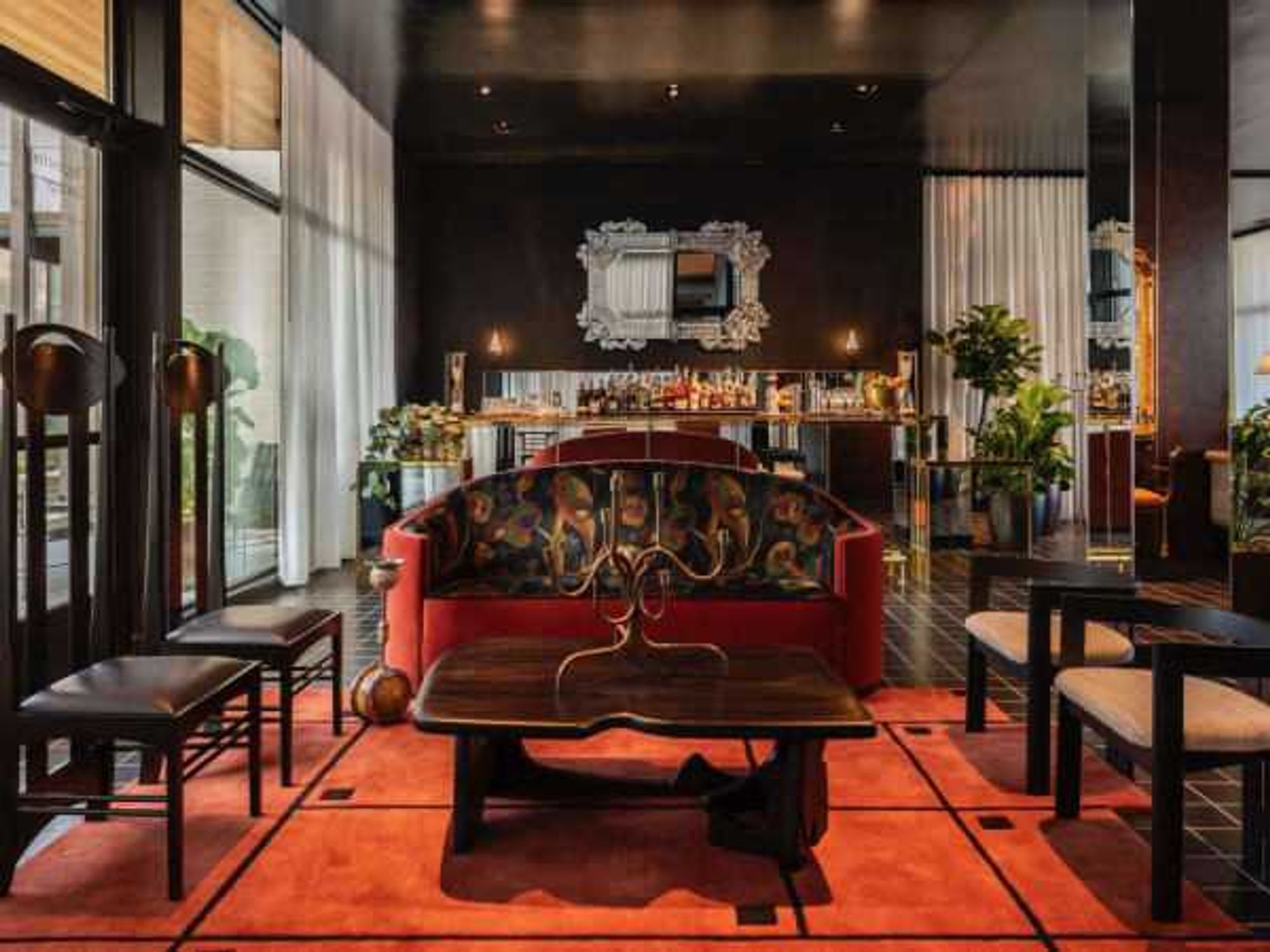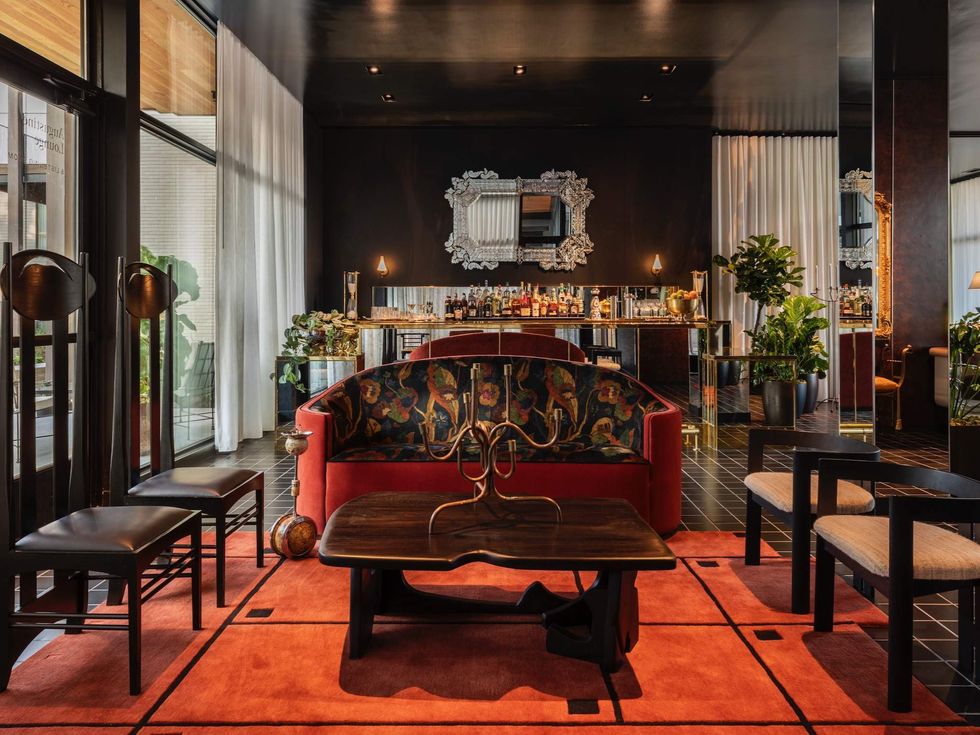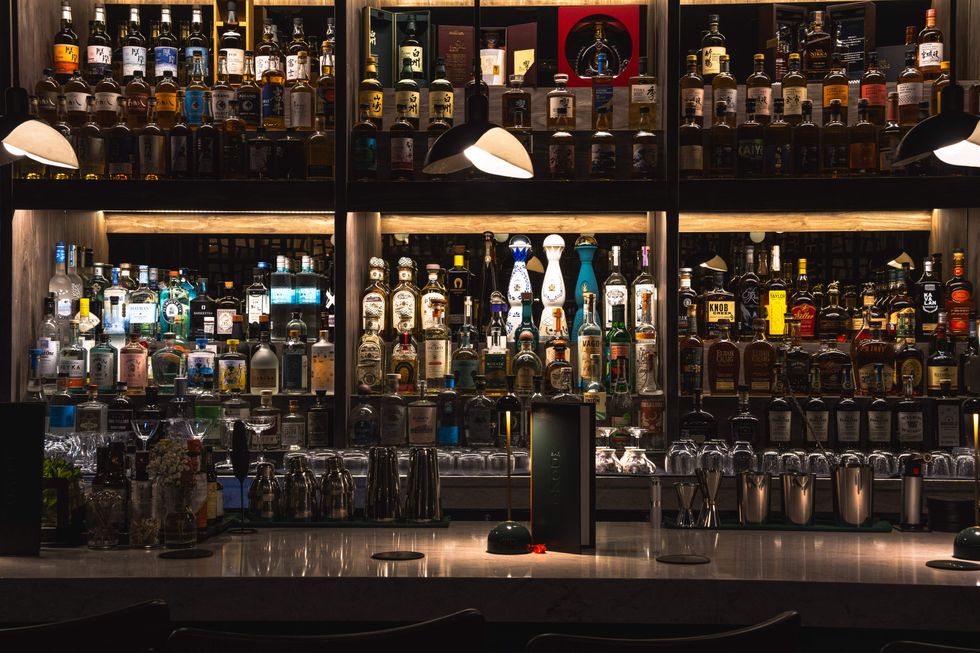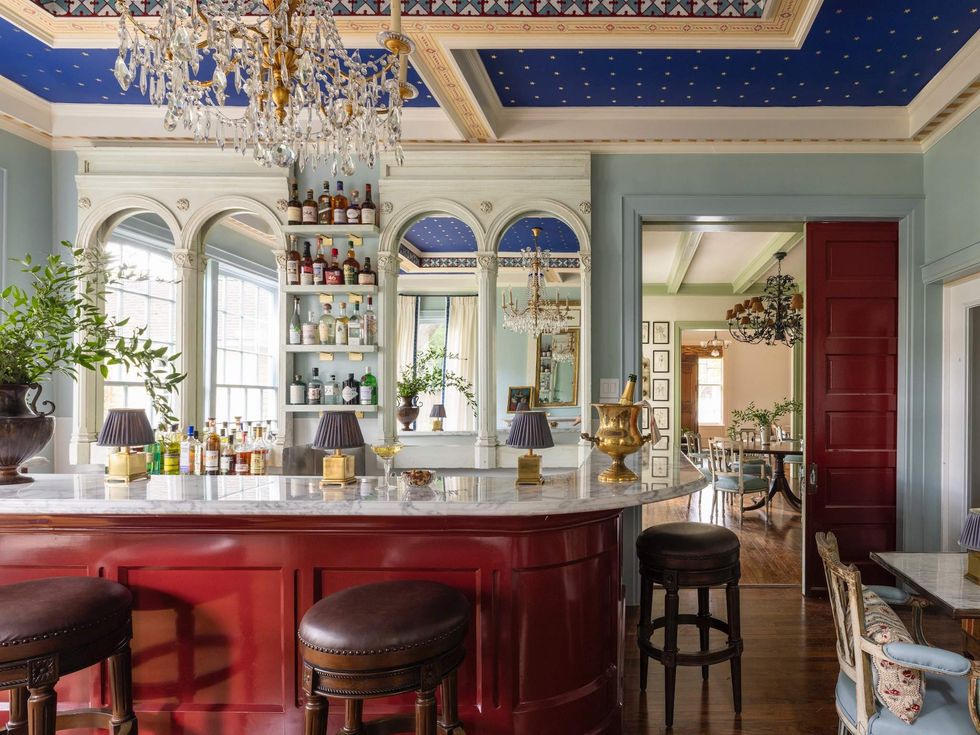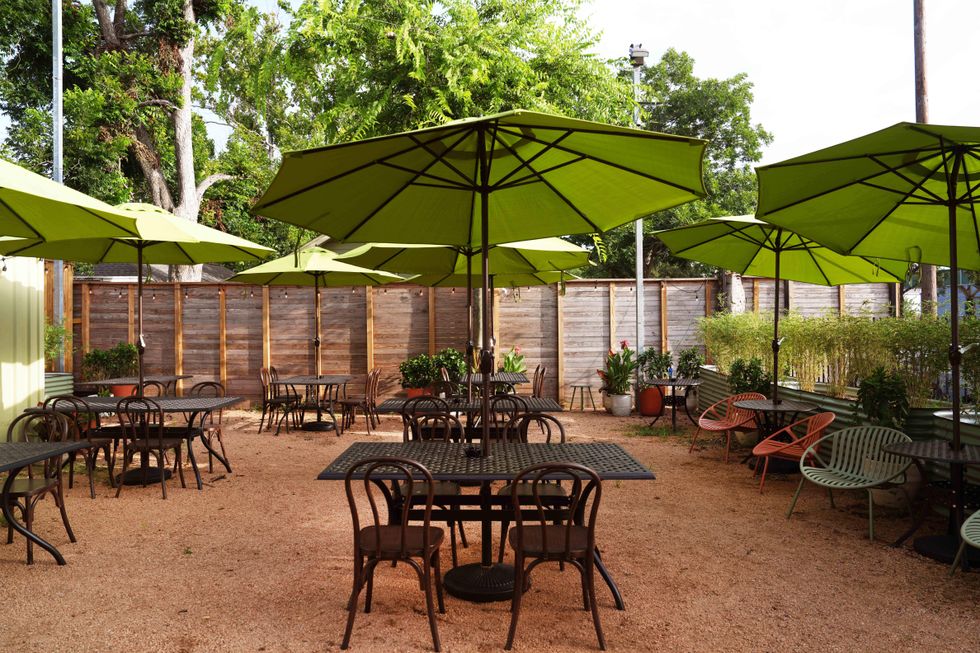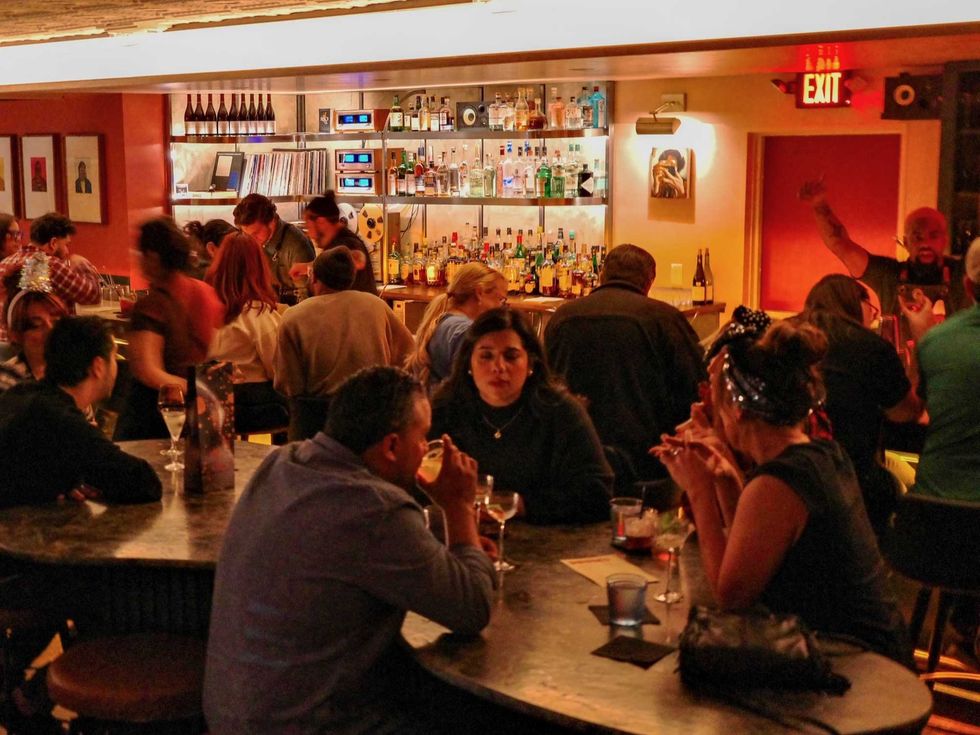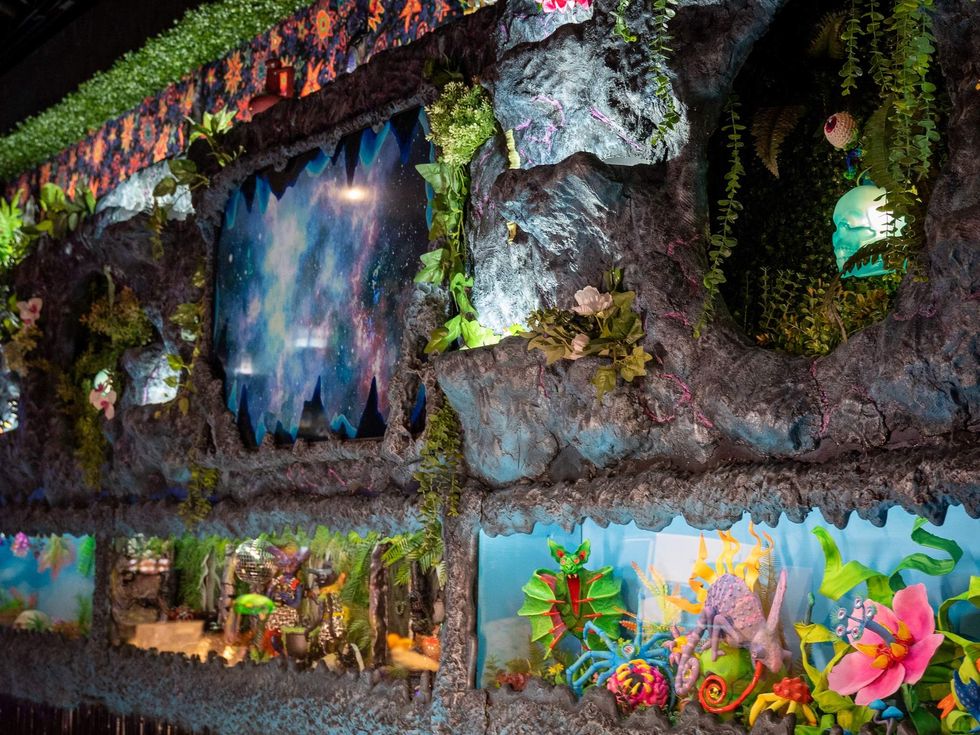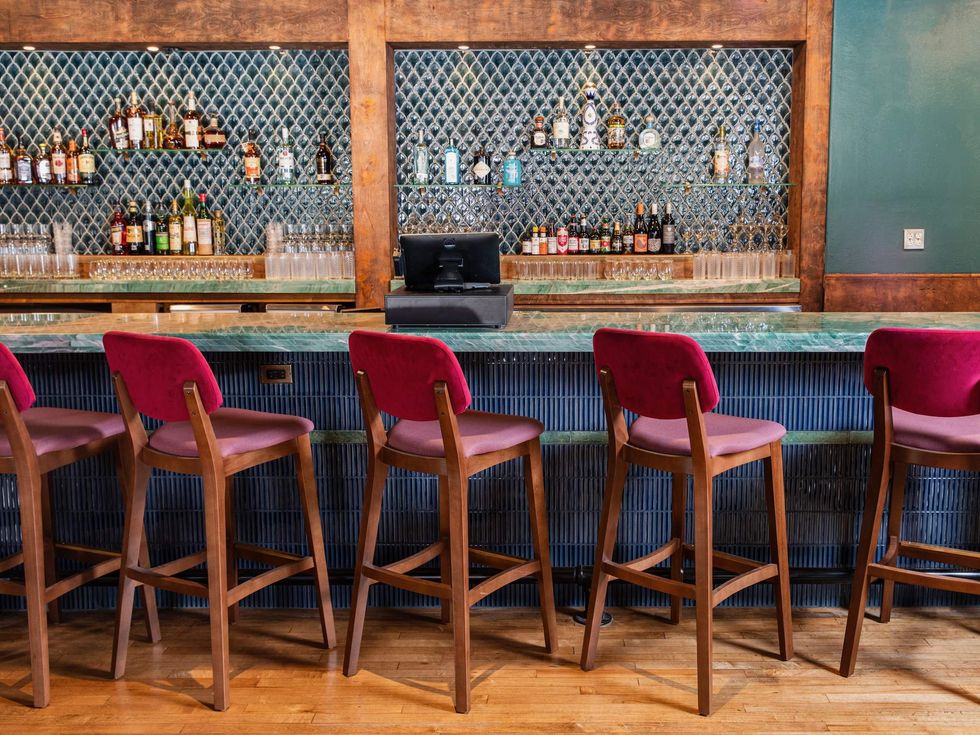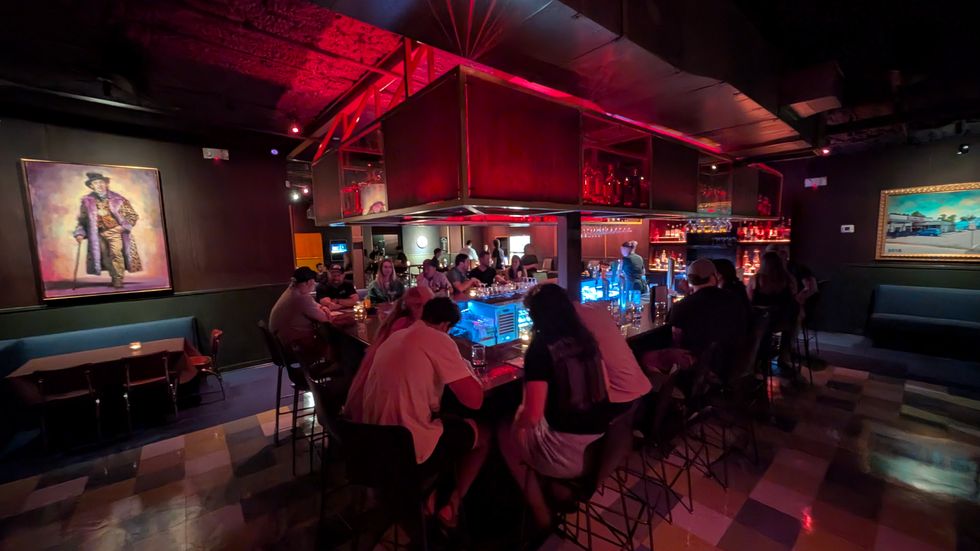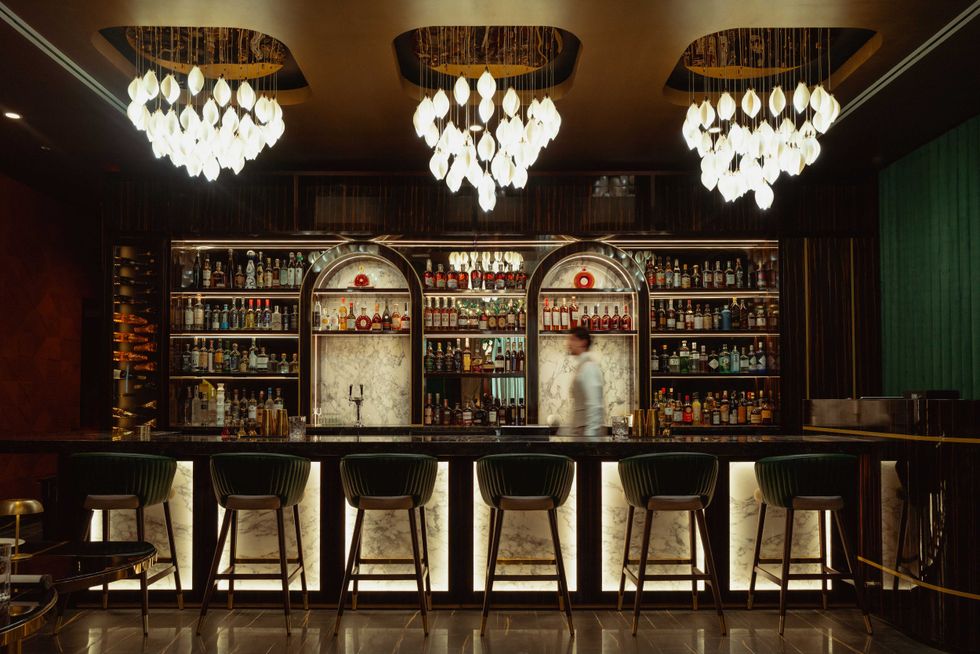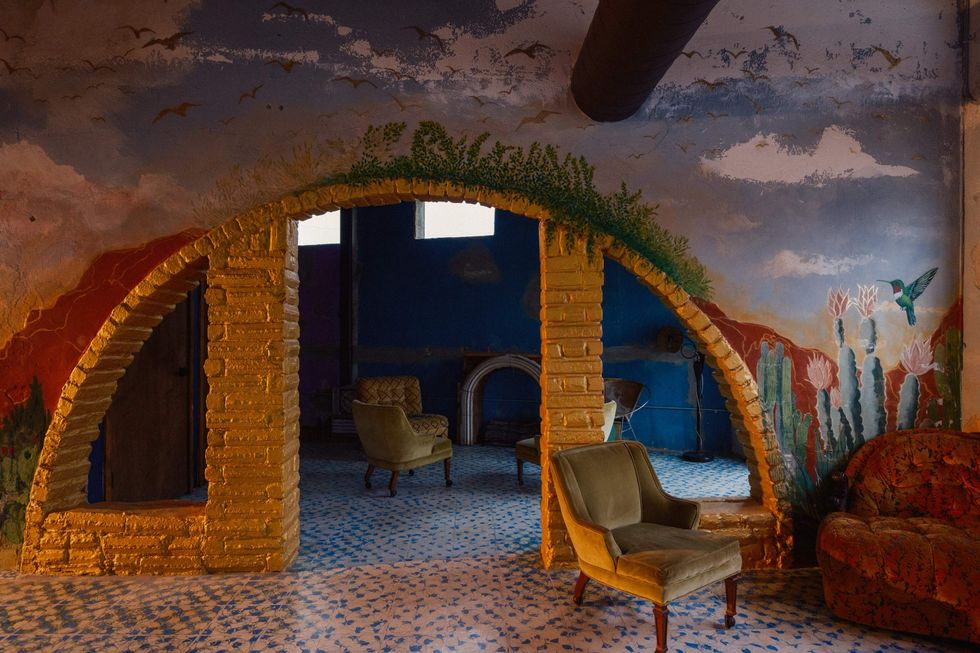The CultureMap Interview
A $25,000 glass of wine and celebrity chef dinner pairing secrets: A wine expertspills all
 The Advanced Oenophile by Denman Moody
The Advanced Oenophile by Denman Moody Denman MoodyCourtesy Photo
Denman MoodyCourtesy Photo
Houstonian Denman Moody was one of the first names in serious wine writing, launching Moody's Wine Review in 1978 before selling it to the International Wine Review and staying on as a contributing editor on rare wines. In 2010, he published The Advanced Oenophile, a guidebook that both explains and simplifies the rarified world of wine and also contains anecdotes about some of Moody's most incredible experiences throughout his decades as a wine enthusiast.
Moody started his week by pairing wines for the phenomenal celebrity chef dinner featuring Thomas Keller, Daniel Boulud and Jerome Bocuse, and he will discuss and sign copies of his book and create wine pairings Thursday night at a special wine event at Reflection Lake Estates at Memorial Oaks.
CultureMap spoke to Moody about how the industry is changing, his favorite wine experiences and the future of Texas wine.
CultureMap: How did you get interested in wine?
Denman Moody: I was [senator] Lloyd Bentsen's first executive assistant in Washington in 1971-72, and when I came back from Washington I read several wine books — I plugged into the universal wine source. I don't know why, but I could remember every vintage, how every vineyard sloped, it was crazy.
CM: Moody's Wine Review was one of the first noteworthy publications to really focus on wine. Was it a struggle to get people to take wine seriously at that time or were people ready for it?
DM: I tell younger people talking about wine at a tasting and they find it hard to believe, but in 1978 when I started if you walked into any restaurant before dinner people would have martini or a scotch and water, maybe a beer, they would eat dinner without anything and go home. Now every table has bottle of wine or at least a glass of wine.
"The biggest myth about champagne is that it's only for special occasions. I served champagne for example at this $5,000 per couple dinner the other night."
It's been a pretty slow progression. I think wine writers had a lot to do with it, I think French and Italian restaurants had a lot to do with it, and officers from World War II had something to do with it because they had a taste of "the good life," but it wasn't until the mid '80s that it caught on. By then I had been writing about wine for five years and every major newspaper had a wine column.
CM: What are the biggest changes that have taken place in the wine world in the last 10 years? What surprises you these days?
DM: Back then people in their twenties did not drink wine that much. Starting about 10 years ago people figured out how civilized and nice wine bars are and for the first time now professionals in their mid-twenties are drinking wine. That's the biggest change.
One surprise for me was that Australia became so popular and had so many great wines and then Yellowtail came over with this massive influx of cheap Australian wines — and they really aren't bad — but now more expensive Australian wines are really out of favor. Another is that there are so many nice, cheap wines coming out of Chile and Argentina that it's had a damper on people buying $50 wines.
The cost of production is a fourth of what it is here and cost of vineyard is very much less.
CM: What do you think about Houston as a wine-drinking town? Are Texans' palates more sophisticated than we get credit for?
DM: I think it's huge as wine-drinking town. It's one of the best markets for some of these wineries in the world. Not only do we have a lot of money but there are tons of great restaurants, now one of best in the world.
CM: What do you think about Texas wine? Does it have any promise?
DM: It does, but there's a lack of capital and a lack of experimentation with different grapes. They are just now figuring out that Tempranillo from Spain and Rhône varietals may be better adapted here, and they should have figured that out years ago. There are hundreds of millions of dollars spent in California and Oregon and that just isn't happening here even though we're the No. 5 wine producer in the country.
CM: Are we ever going to have a Judgment of Paris moment?
DM: I don't know that it will be anything that dramatic . . . that was kind of a once in a lifetime moment. Fall Creek Meritus has won prizes, it won a double gold in the Houston Rodeo, that's a pretty big deal.
CM: What are the biggest myths or misconceptions about wine?
DM: The biggest myth about champagne is that it's only for special occasions. I served champagne for example at this $5,000 per couple dinner the other night. I paired the brand new Barons de Rothschild champagne with Jerome Bocuse's lobster salad. You know how there's Mouton Rothschild, there's, Duhart Milon, Lafite — all three branches of the family came together to make this champagne. It was the first tasting in the United States.
Another misconception is you don't have to be fussy about it. When I'm in Europe sometimes people just pick up the wine between bites and take a sip!
CM: What's the best thing you've tasted this month?
DM: Good grief! I've tasted about 200 wines this month. The best wine I ever tasted was a magnum of 1870 Lafite Rothschild cellared at Glamis Castle in Scotland for almost 100 years. It was undrinkable for the first 50 years but by the time I had it in early 1980s a glass cost $2,500.
Now if you can find it, it would be $25,000.
